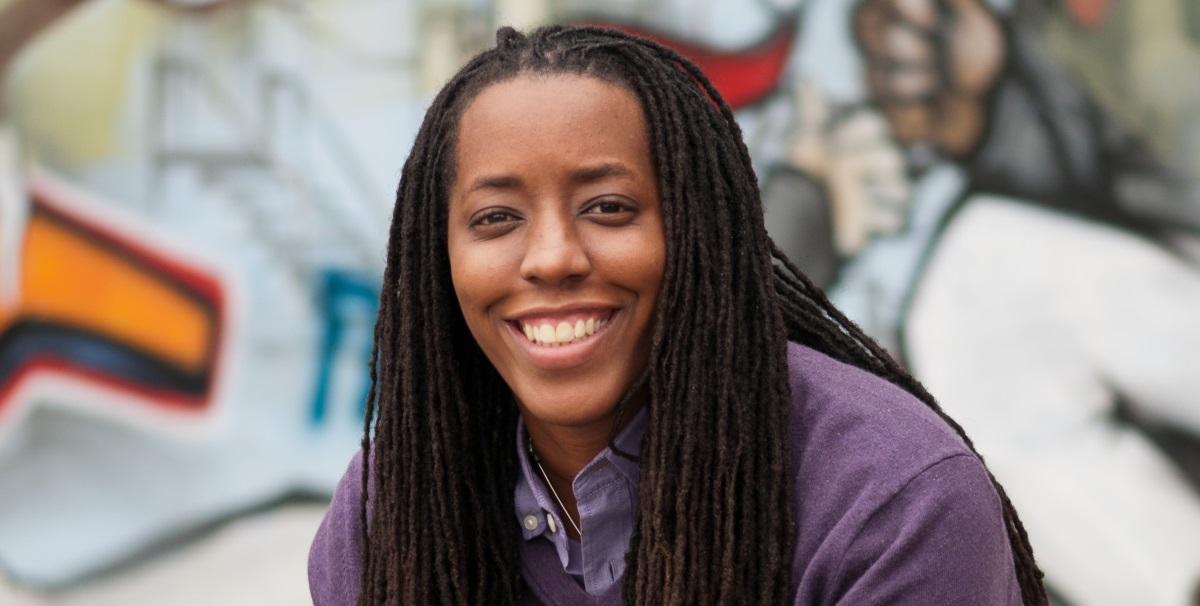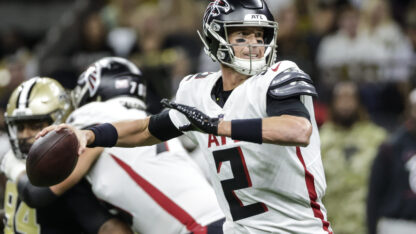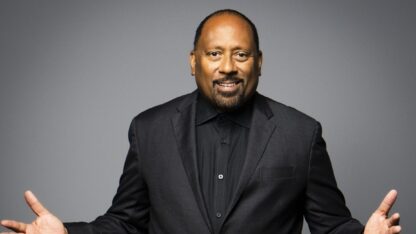UGA Professor Brings Hip-Hop Lessons To Elementary Curricula

Dr. Bettina Love is one of the few scholars who have implemented hip-hop education principles into elementary classrooms.
COURTESY OF BETTINA LOVE
When you think of a classroom, you might not envision graffiti adorning the walls, with a DJ spinning Public Enemy to accompany a break dancer.
With hip-hop education, though, classroom management takes its cues from students’ real life experiences.
“Kids are not raising their hands; kids are organically speaking, using the social and emotional intelligence that comes with hip-hop, much like a cypher,” explained Bettina Love, associate professor of Educational Theory and Practice at the University of Georgia. “Like if you are in a hip-hop cypher, how do you know when to rap? You don’t raise your hand, you just know when to go.”
Love developed Common Core hip-hop curricula for elementary school students. She is now developing curricula for middle and high school students through the Nasir Jones fellowship program at Harvard University.
Even though hip-hop education has been around since the 1980s, Love is one of the first educators to put hip-hop education into elementary schools.
Hip-hop education falls under the principle of culturally relevant pedagogy, where schools match students’ culture with the classroom.
“Let’s take physics,” Love explained. “You bring a b-boy or b-girl in, and through their dance, you can think about momentum, force, velocity … so all of these things that are deeply embedded in education, you can tie these things to hip-hop. The goal is for students to understand that your culture doesn’t have to be detached from schooling.”
Love teaches at the Kindezi School in Atlanta, and she also makes her lessons available online for free for other teachers and schools to use. The elementary school program is called “Real Talk: Hip Hop Ed for Social Justice” and is very much linked to civics.
“The fifth element of hip-hop is knowledge of self … knowing who you are, knowing your community, studying your community to better your community,” said Love.
For Love, hip-hop studies should be incorporated into all sorts of classrooms.
“Hip-hop is part of American culture … I don’t think this is something that is just for African-American kids,” she said. “This is something for all kids because we are talking about a rich culture with traditions, sensibilities and roots. Go to the top universities in the country – Cornell, Harvard – they have hip-hop institutions. They understand that this is not just a musical genre. This is culture. And this is something that is penetrating the entire globe.”








